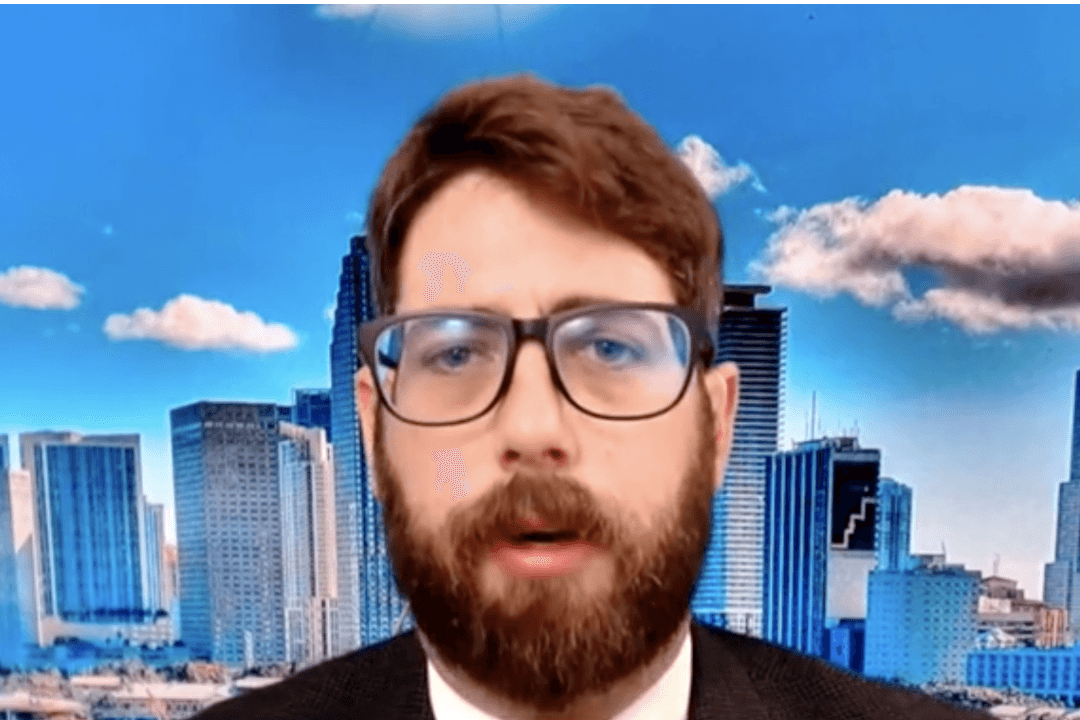The United Nations’ 2030 Agenda for sustainable development informs government policies to restrict farming and transform the food systems in different parts of the world, said Alex Newman, an award-winning international journalist who has covered this issue for over a decade.
The 2030 Agenda is a plan of action devised by the United Nations (U.N.) to achieve 17 sustainable development goals (SDG). The goals and the 2030 Agenda for Sustainable Development were adopted by all UN member states in 2015.






